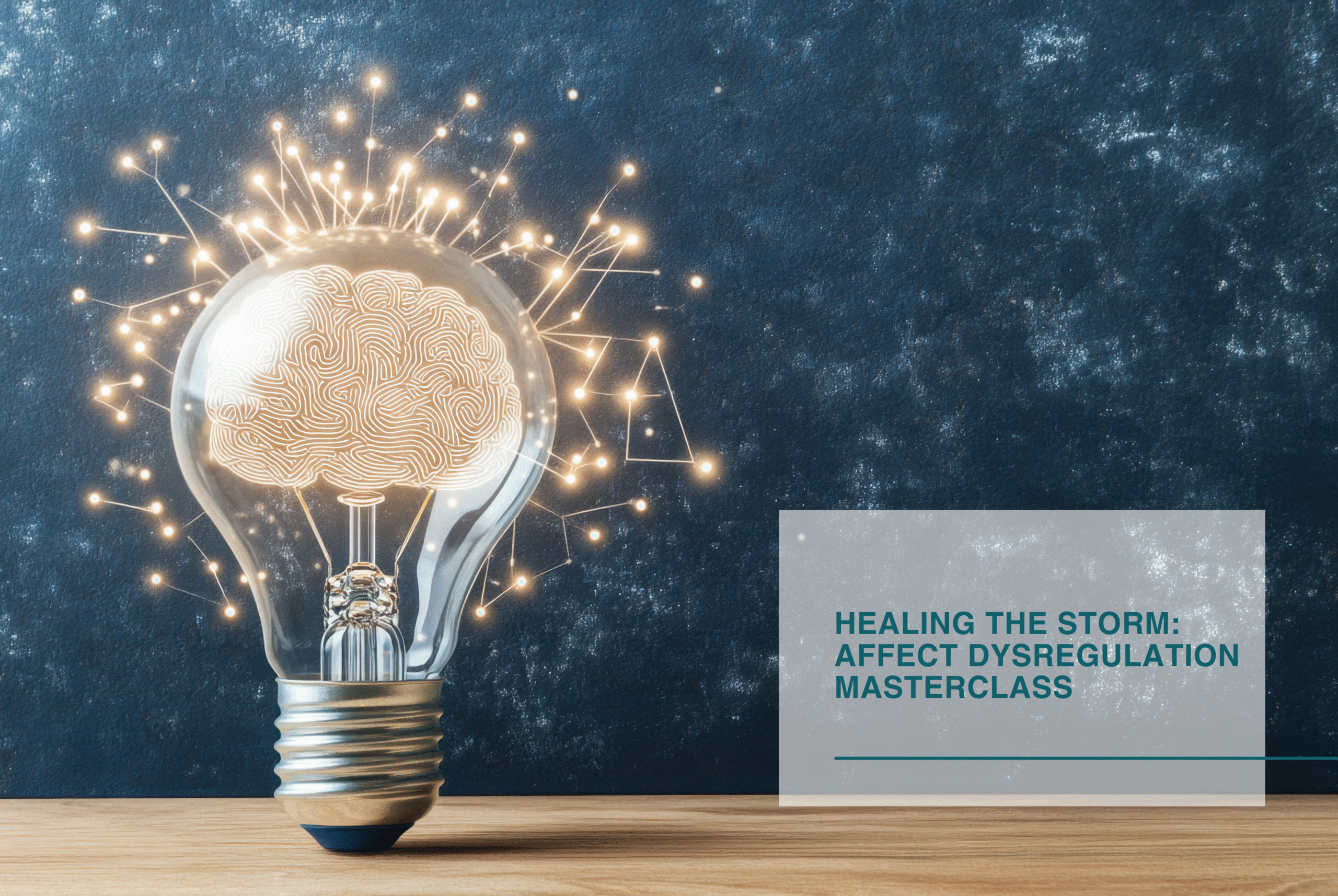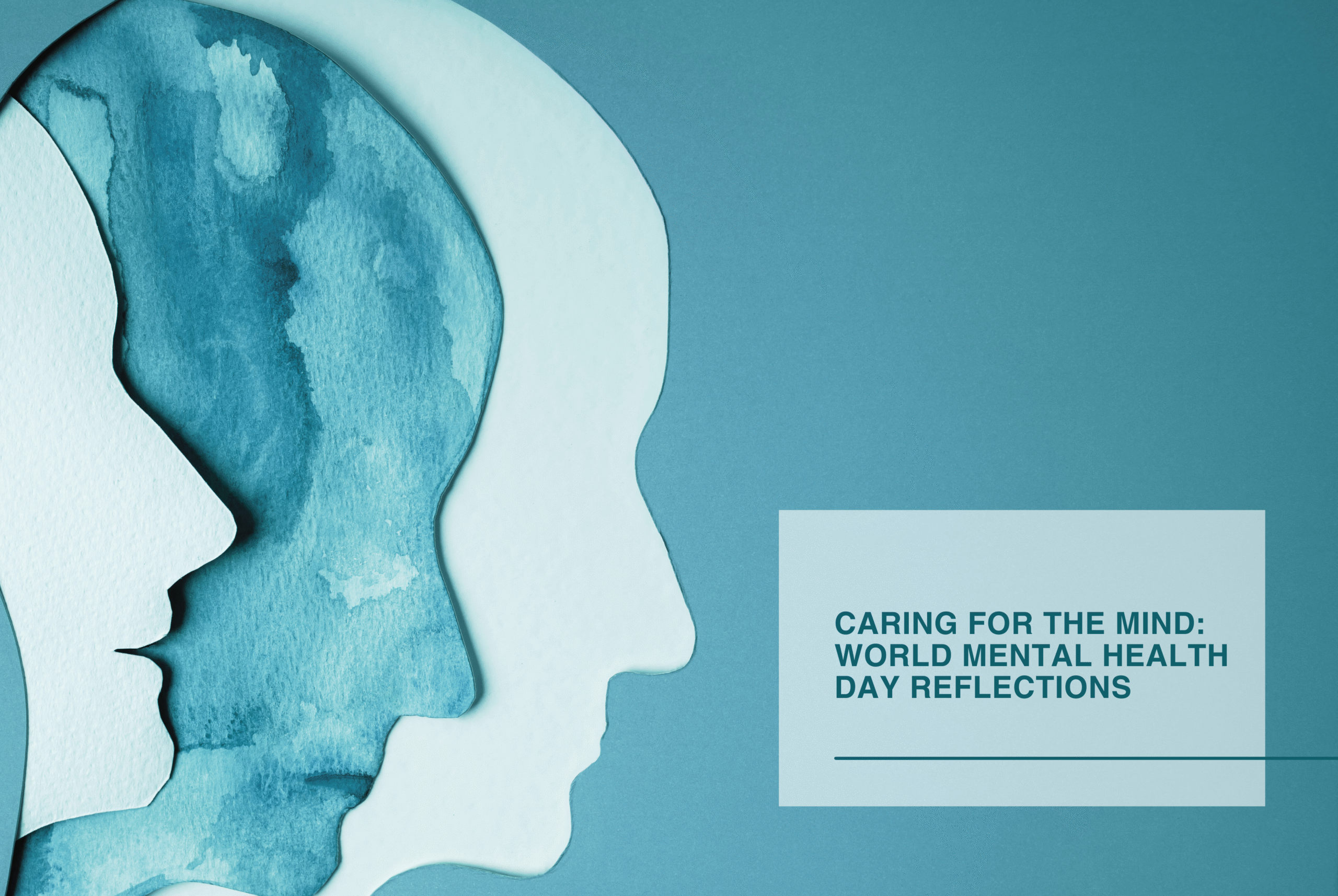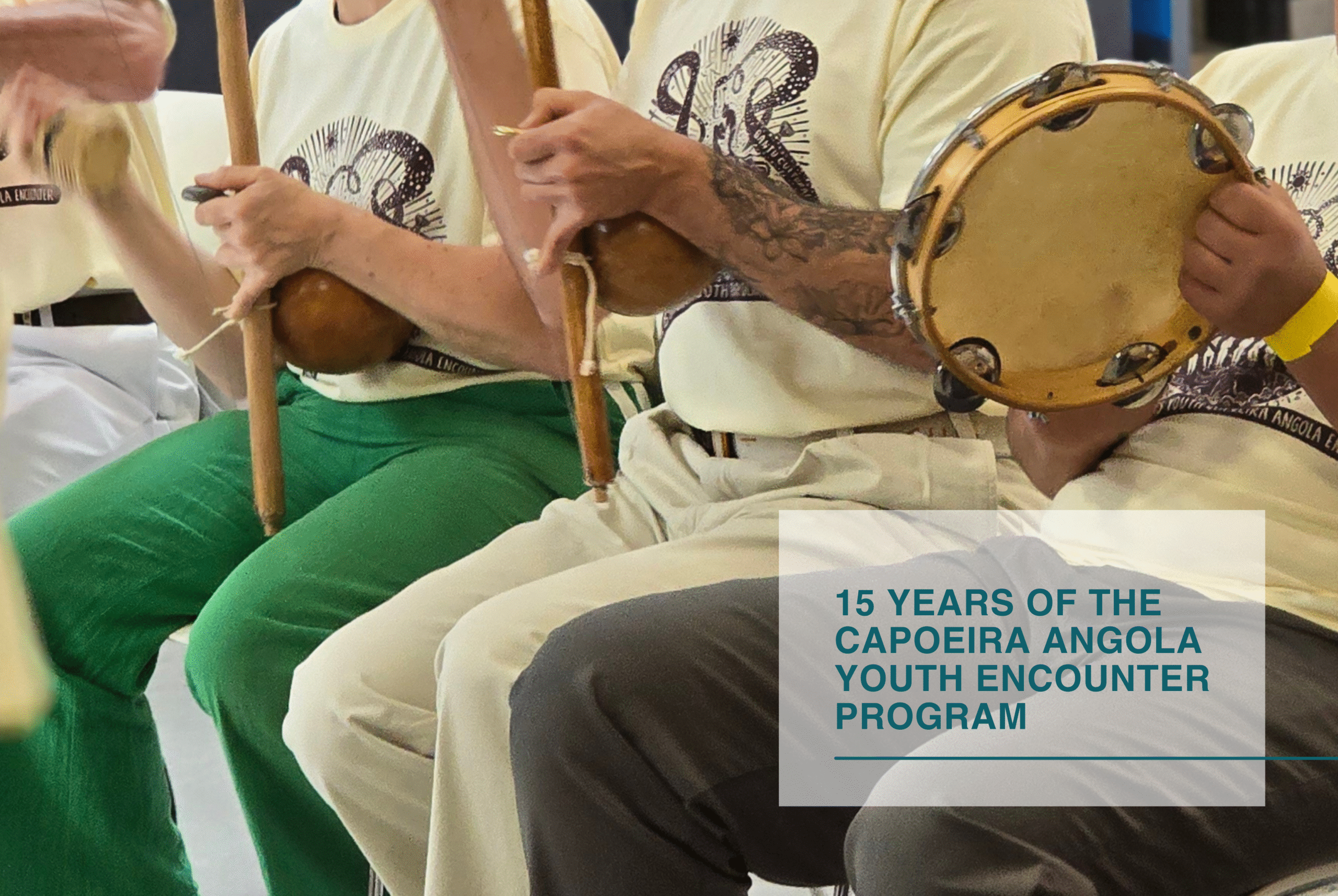Beyond the Headlines: Voices from the Witness to War Line

You might read news reports about conflict and displacement, see statistics on refugee arrivals. But behind those numbers are individual lives, each with a story of resilience and often, profound trauma. At the Witness to War (W2W) Hotline, we hear those stories firsthand. And while the work is undeniably demanding, it’s also a privilege – a vital connection point for those navigating unimaginable experiences.
More Than Just a Service: A Bridge Built on Understanding
Our W2W team is a unique strength within STARTTS (the NSW Service for the Treatment and Rehabilitation of Torture and Trauma Survivors). We’re a small group, yes, but our diversity mirrors the multicultural fabric of the people we serve. We come from various cultural backgrounds, united by a shared commitment: to offer support to anyone who reaches out, whether they need immediate help, a referral to specialist services, or simply someone to truly hear them. Crucially, we connect with our callers in their own languages.
Now, in a world where translation tools are readily available, the value of a multilingual hotline might seem less obvious. But consider this: for some, their English is so limited that even the process of consenting to an interpreter becomes an insurmountable barrier. For others, sharing deeply personal and often painful experiences through a third party can feel intrusive, eroding the trust so essential for healing. And if I can be candid, many callers specifically seek us out – the W2W operators. STARTTS provides us with specialised training, particularly in what we call “accidental counselling” – offering immediate emotional support in the moment of contact. This skill proves vital in the vast majority of our conversations, often around 80 to 90 percent.
But our ability to connect goes beyond just the exchange of words. We strive to understand the nuances of their culture, their traditions, the brutal realities of war, and the complex political landscapes they’ve lived through. That shared understanding, that contextual awareness? It builds a bridge of empathy that makes a profound difference.
It might sound like a simple sentiment, but it’s the core of what we do: we genuinely care. About each and every person who picks up the phone. And our callers feel that. We often hear that our hotline stands out because we truly listen – not just to the words, but to the unspoken emotions, the pauses, the hesitations. They tell us they feel respected, treated as individuals, not just another case to process. We don’t adhere to rigid scripts or rush them through their concerns. Often, by the end of a call, they express a sense of relief, a feeling of being heard. And for us, that feedback is invaluable.
Of course, the work we do is part of a larger ecosystem of support. We collaborate closely with other dedicated teams within STARTTS – the Intake Team, Community Development, and School Liaison, among others. And the often unseen work of our colleagues in IT, Training, and Administration is absolutely crucial; they provide the infrastructure that allows us to function effectively.
Within the W2W team itself, I’m constantly struck by the deep respect and camaraderie. Despite our diverse national origins, we’ve never experienced cultural clashes – even during times of heightened international tension. I recall a period where my Arabic-speaking colleagues went above and beyond to ensure our Hebrew-speaking callers felt safe and supported (our Hebrew speaker wasn’t directly taking calls at that time). In fact, one Hebrew-speaking individual who calls us regularly specifically requests to speak with a particular Arabic-speaking operator. This speaks volumes about the compassion and resilience that draws people to work at STARTTS.
Answering the Call: Bearing Witness to Human Strength and Vulnerability
Each time the phone rings, there’s a sense of anticipation, a readiness to connect with someone in need. But there’s also a quiet awareness of the weight of responsibility. Will I have the resources to help this person? Will I be able to offer the support they desperately need?
In a world grappling with conflict and injustice, the suffering is immense. The vast majority of those who contact us are reaching out in search of assistance. Our focus isn’t on feeling good about providing that help; rather, it’s on the profound hope that we can make a tangible difference, and the underlying concern about the times we might fall short.
Yet, I can honestly say that no caller leaves without some form of support. We strive to find a way to assist, whether it’s providing immediate emotional support, information about relevant STARTTS services, or connections to other vital resources. It’s not uncommon for someone to call about one issue and, through our conversation, discover and request a referral to STARTTS counselling.
Our network of support extends beyond STARTTS’ direct services. We regularly connect individuals with a wide array of other organisations across New South Wales – agencies like NSW Small Business, the Department of Transport, Uniting Circle, Legal Aid, and the Red Cross, to name just a few. We understand that a comprehensive web of assistance is crucial for people rebuilding their lives.
The nature of the calls we receive is incredibly varied. Some callers need to express their frustration and anger, sometimes directed at governments for perceived failures in supporting their homelands. Others seek practical help with everyday needs – perhaps clothing, assistance with finding employment, or even driving lessons. And many are in immediate need of emotional support or a pathway to longer-term counselling. We also receive calls from other organisations, universities, medical professionals, and government departments, often checking on the W2W hotline’s operation and inquiring about the services offered by us and STARTTS.
Navigating the Unknown: The Human Element in Every Connection
Let me offer a glimpse into some of the complexities we encounter.
Often, when the phone rings, all we see is an anonymous number. This is particularly common among male callers, suggesting that seeking help can be a difficult step. Interestingly, many of these same individuals do call back, indicating that initial contact can be a crucial first step.
For the colleague on initial admin duty – the first point of contact before transferring a caller to a language-specific operator – the call begins with complete uncertainty. The language, the crisis, the time available – all are unknown. And time itself can be a significant factor. Unlike a scheduled therapy session, a W2W call can end abruptly, leaving us wondering if the caller will reconnect.
Another layer of complexity is the absence of visual cues. We rely solely on their words and the nuances of their voice – when we have that connection at all. I recall an early call with a young person who spoke calmly, revealing no outward signs of distress. It was only a few minutes into our conversation that they quietly mentioned the recent loss of a loved one in the war. I was unprepared for the stark contrast between their calm demeanour and the devastating reality they shared.
Have there been calls that have brought tears to my eyes? Absolutely. The calls marked by long, heavy silences between fragmented sentences, where voices tremble with fear and a sense of powerlessness. Calls from individuals struggling to articulate their pain, holding back tears as they describe loved ones trapped in conflict zones. My own tears often come only after the call ends. During that crucial time, my focus remains solely on offering support.
Crucially, at W2W, we are not alone in carrying these emotional burdens. We receive training in self-care and debriefing. We have supervisors like Yassmen and supportive colleagues like Jasmina we can turn to. After a particularly challenging call, we’re encouraged to take a break, to step away and regroup. These measures are incredibly important. We also participate in regular supervision sessions to process the difficult experiences we encounter.
The Lingering Echoes: Stories That Shape Us
What’s remarkable is how many of the callers stay with you. Perhaps not their names, but their stories, their voices. I often find myself wondering about their journeys – whether they were able to reunite with family, if peace has returned to their homelands, if they’ve found stability and a sense of safety in their new lives. I hope their children are now in school, thriving and looking towards a brighter future.
The situations we address are diverse and often heart-wrenching. To offer a glimpse, while protecting confidentiality, consider these examples:
- A newly arrived refugee contacted us seeking urgent financial assistance for their child with Down syndrome, while their partner faced a recent terminal illness diagnosis in Australia.
- A distressed caller shared their anguish over an elderly parent trapped in a city under heavy bombardment.
- Someone who had been living in Australia for some time reached out for counselling, their mental health and family life significantly impacted by their intense engagement with war-related content on social media.
- Another caller felt deeply conflicted, sympathising with one side of a conflict while being married to someone from the opposing side – the side responsible for the violence.
One case that remains particularly vivid involved an individual whose partner and child were in a city under intense attack. The caller was beside themselves, unable to think clearly, repeating the same questions in their distress. They needed guidance even for the simplest tasks.
“What should I do now?”
“Have you had anything to eat?”
“No, I haven’t even had breakfast.”
“Please try to eat something. You need to be strong for when your partner and child arrive.”
Even navigating the local streets became overwhelming. After providing the address for Legal Aid, the caller phoned again, completely disoriented. Over the phone, I guided them step by step: “Turn left at the next intersection. Now, turn right at the lights.”
For a period, this person called us multiple times a day.
Sometimes, the most profound support we can offer is simply to walk alongside someone, one step, one moment at a time, until they can find their own way forward.
And so, as each conversation draws to a close, I make a point to remind callers that our hotline remains a resource. They can always reach out again if they need support. Even if we can’t directly solve every challenge they face, we are committed to doing everything within our power to connect them with the organisations and services that can.
Those who have witnessed war carry burdens that are difficult for most of us to comprehend. They have seen their worlds shattered, their families and communities torn apart. Now that they have found refuge in Australia, the very least we can do is offer a compassionate ear and a pathway towards healing and rebuilding their lives. The Witness to War Hotline is a testament to the power of human connection in the face of unimaginable adversity.
If you’re feeling overwhelmed or simply need someone to talk to in your own language, the Witness to War Hotline is here for you. Our trained multilingual team understands the weight of what you may be carrying, and we’ll listen, without judgment, in a way that makes you feel seen, heard, and supported. This free and confidential service is available Monday to Friday, 10am–7pm AEDT. Call us on 1800 845 198. You don’t have to go through it alone.
Special thanks to Svitlana Yakovenko for her contributions to the development of this blog and her ongoing work supporting the Witness to War Hotline.



